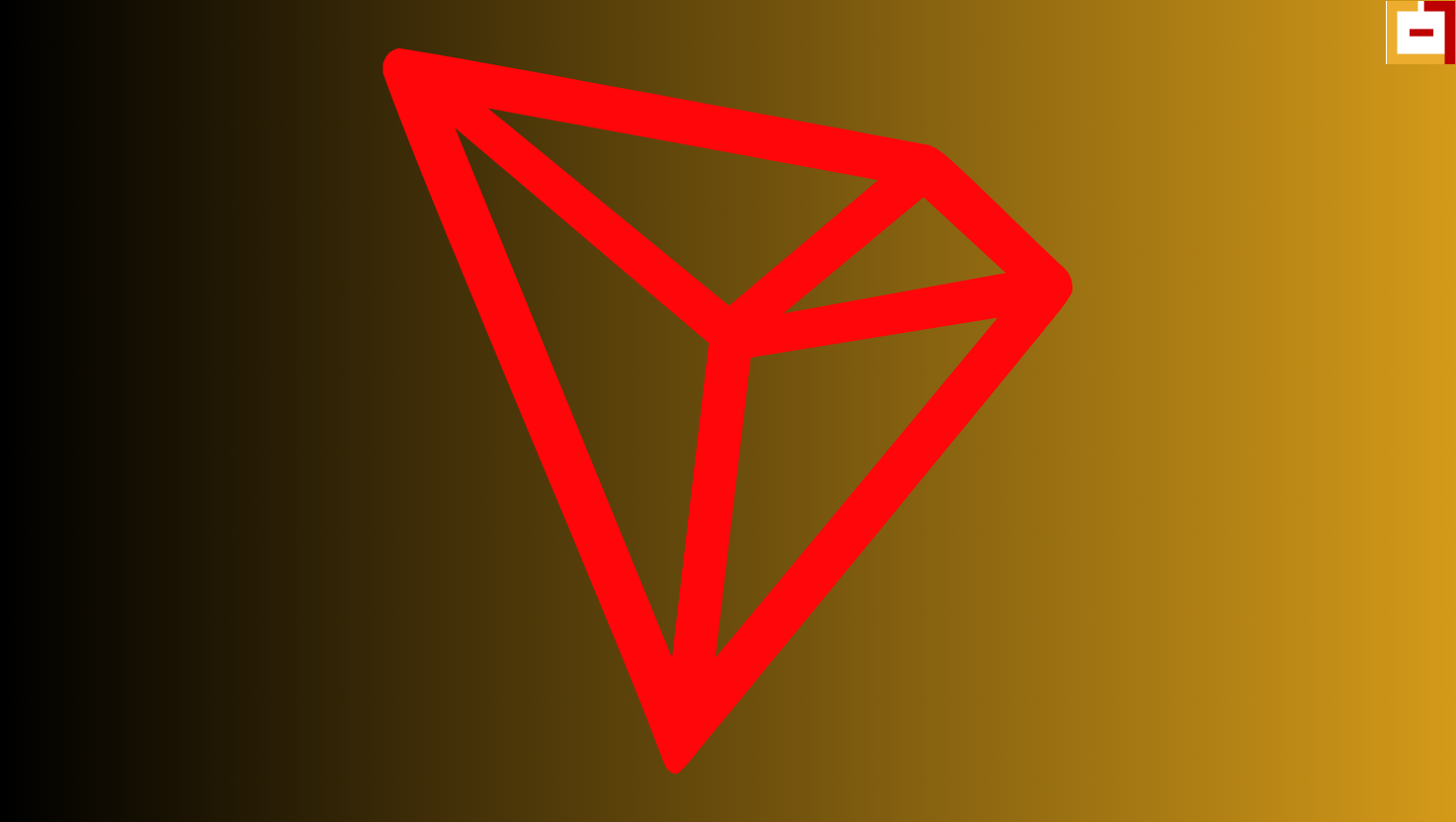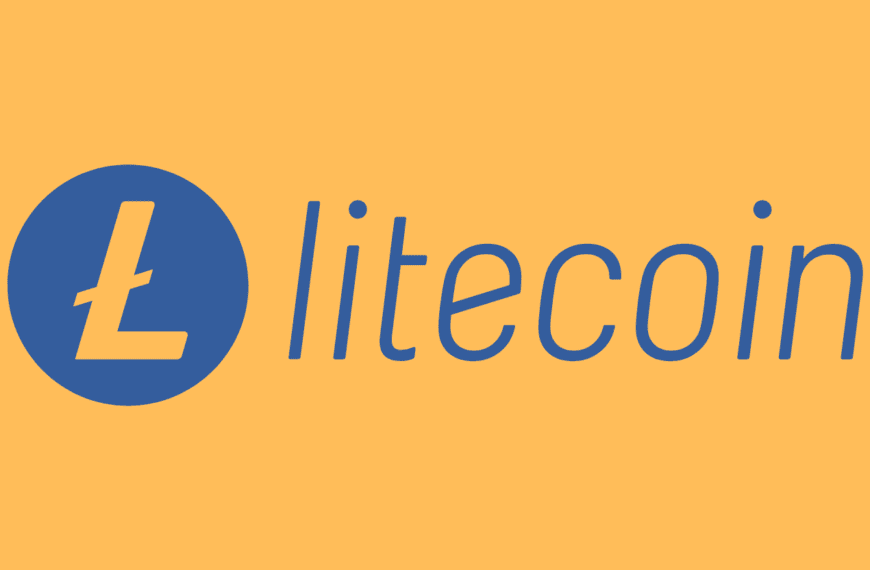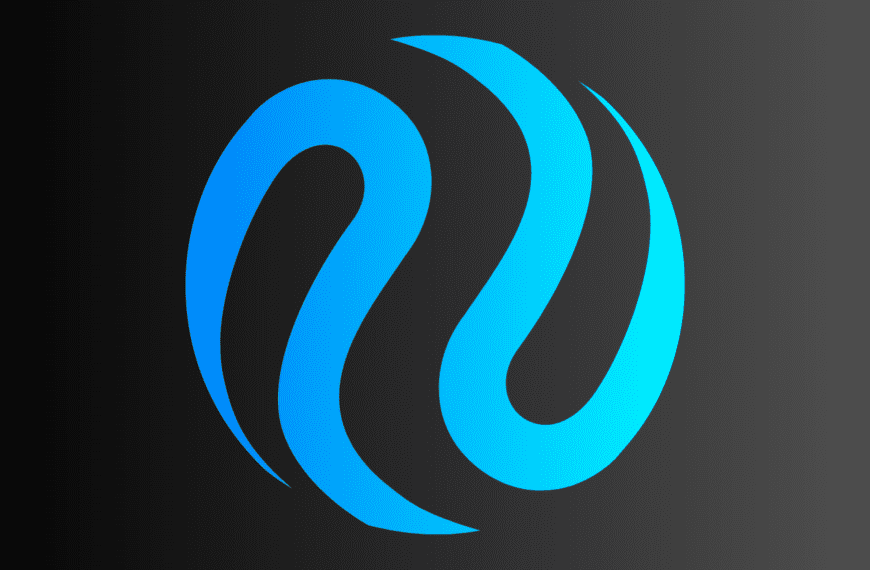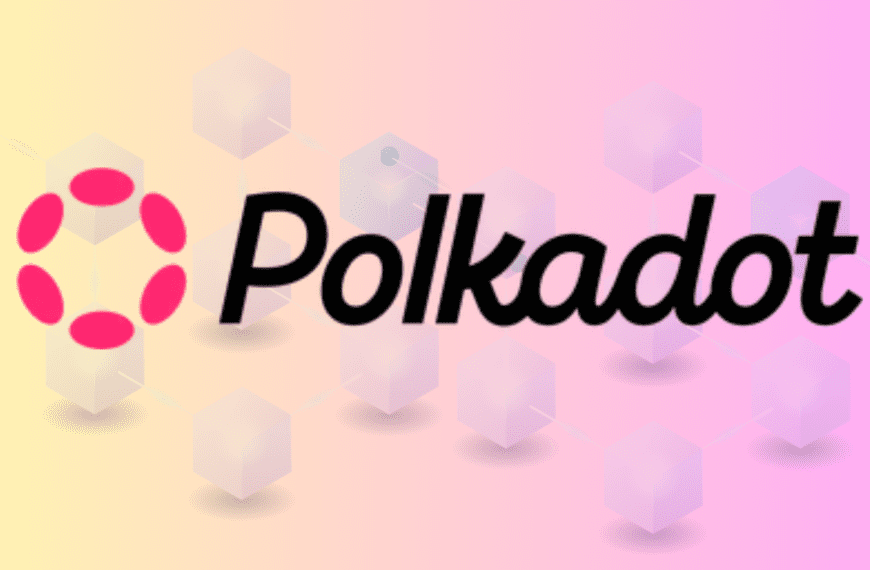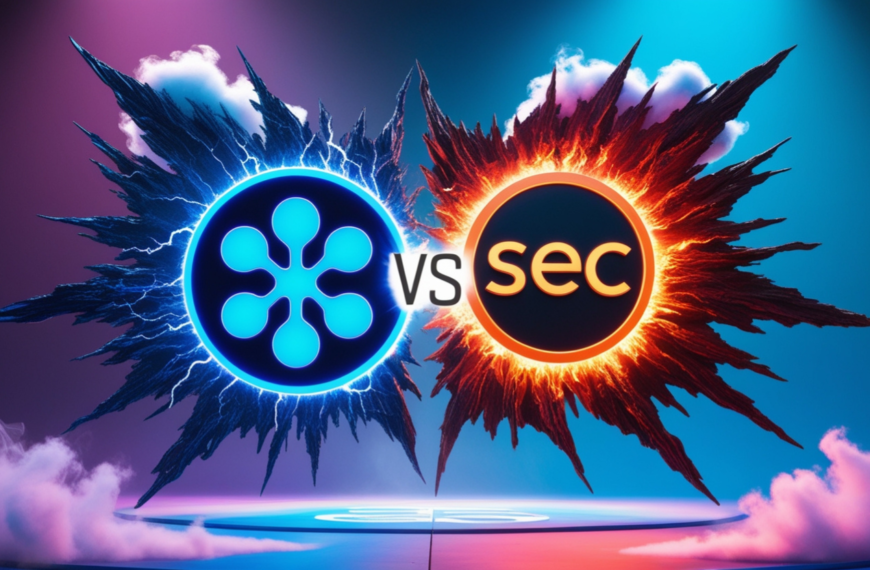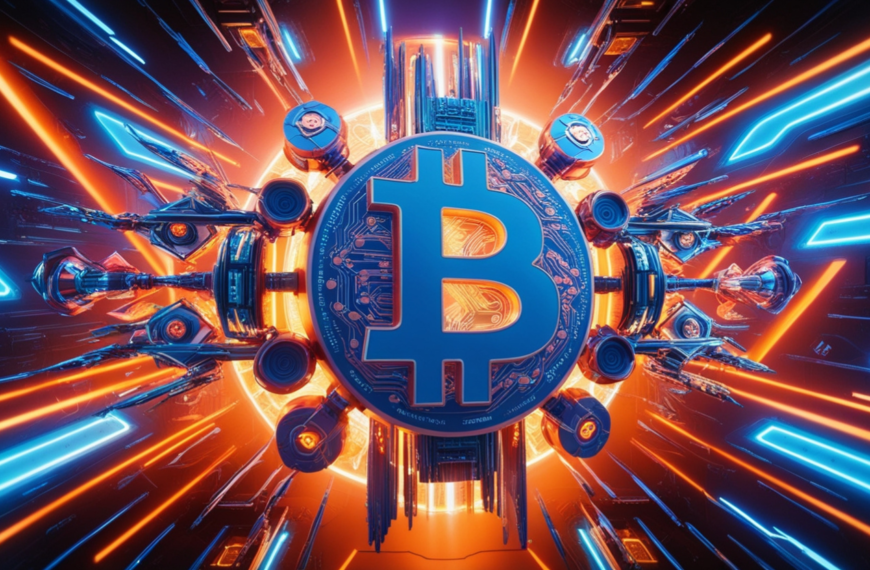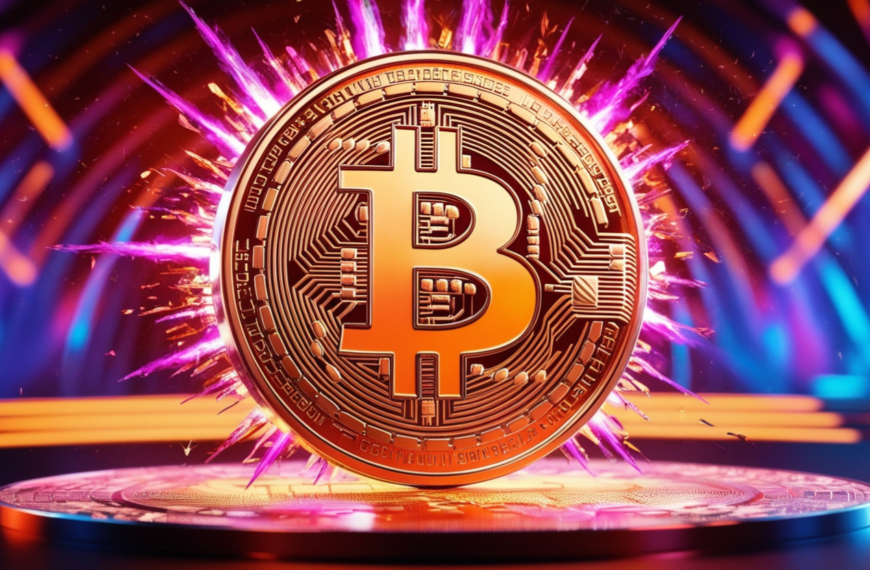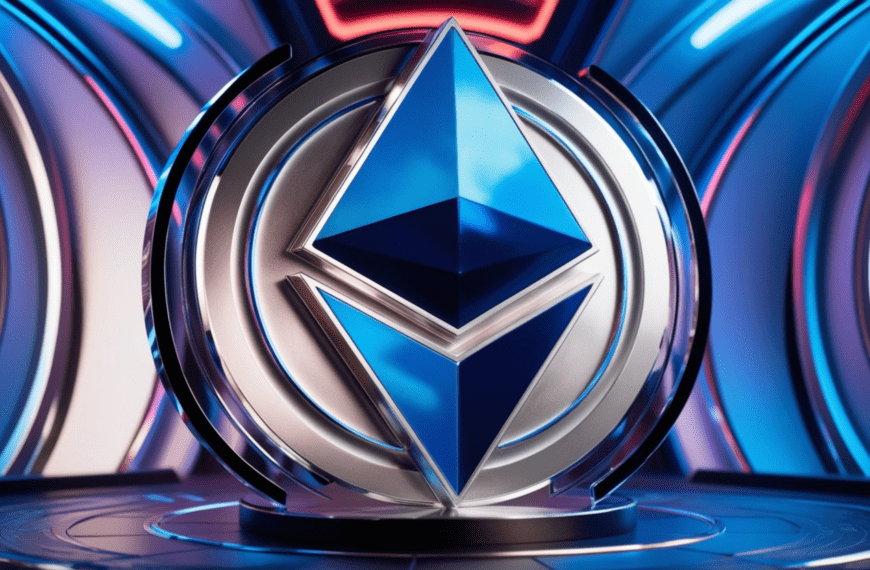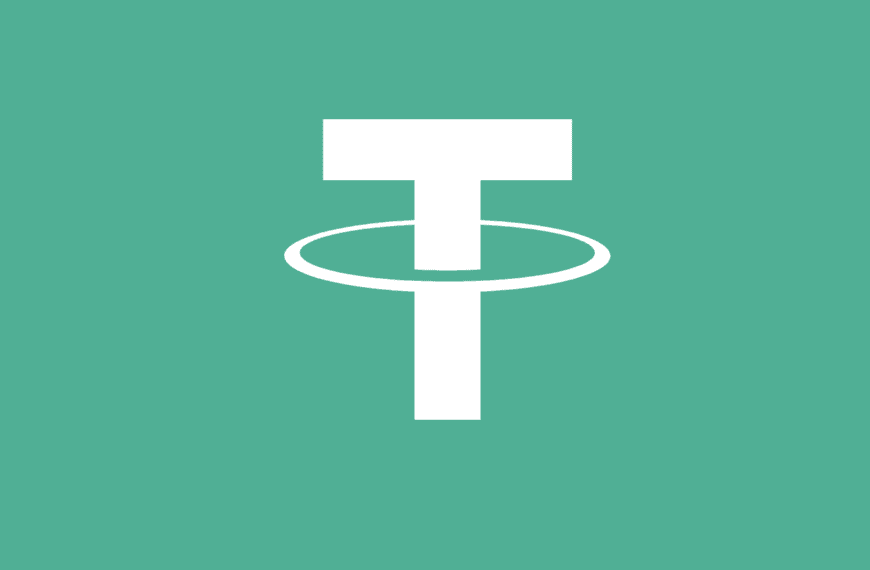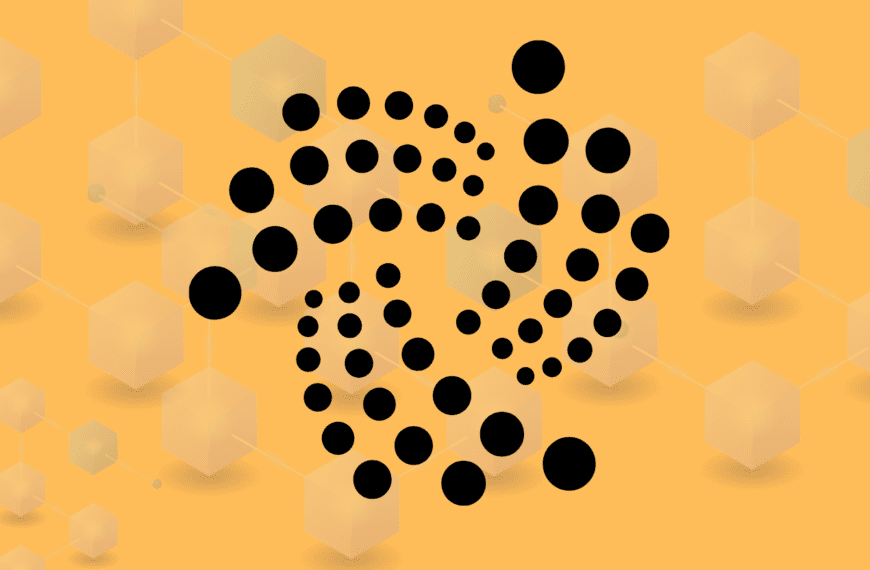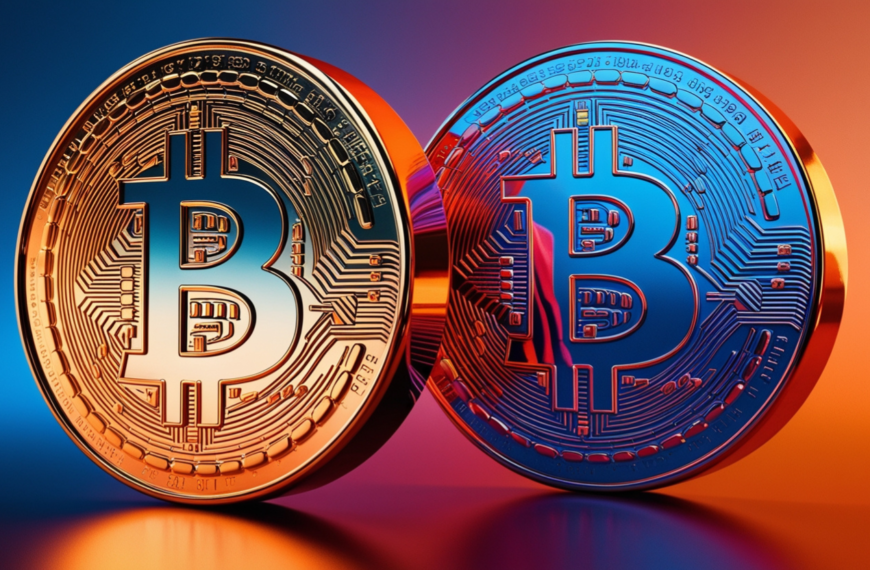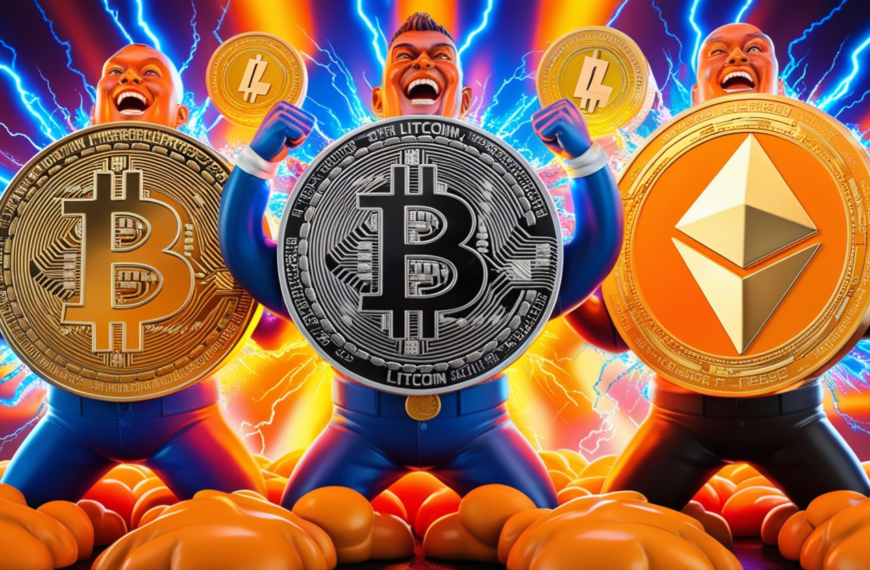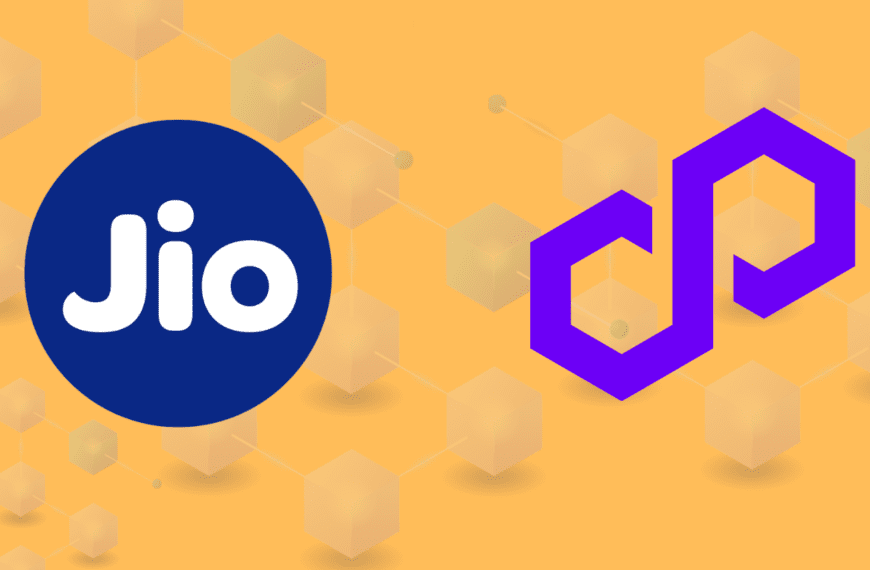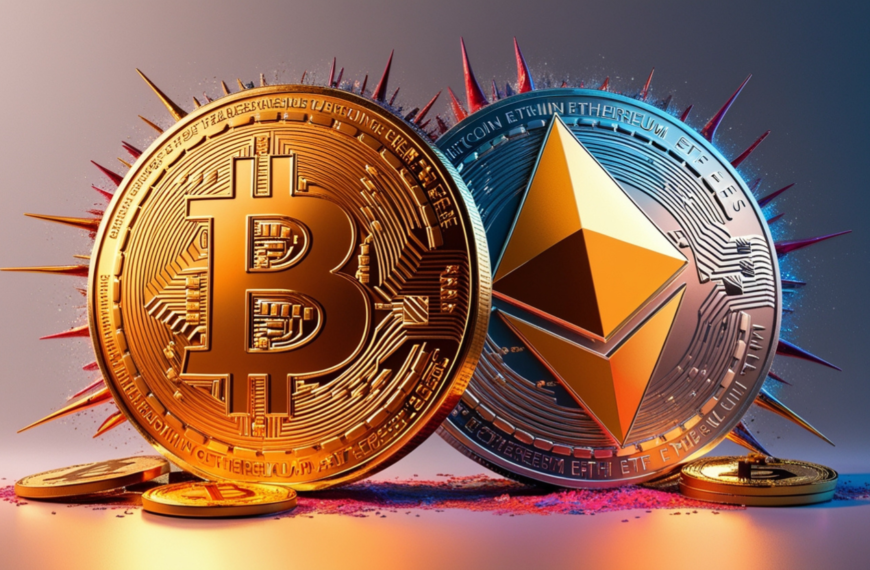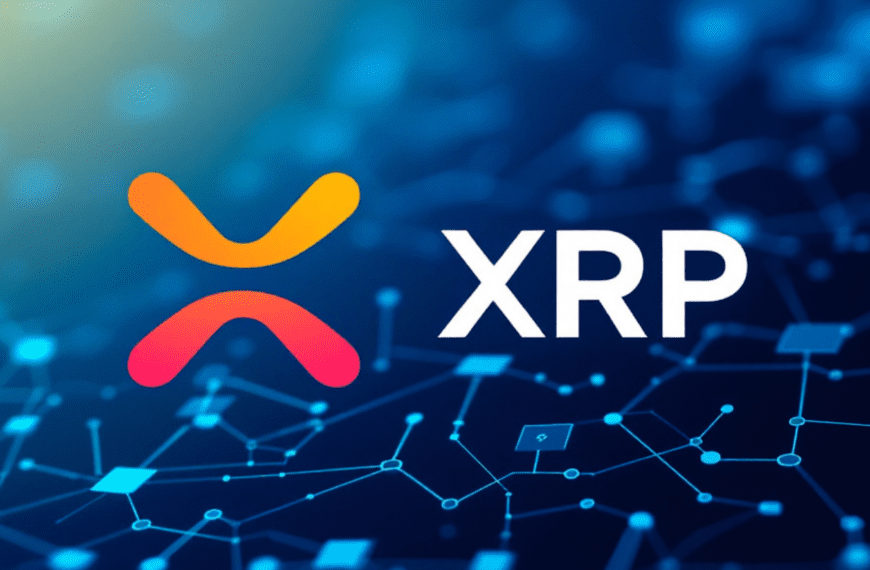Exploring Real-World Use Cases of Tron Blockchain
Tron is a blockchain platform created to make decentralized applications (dApps) and smart contracts easy to use. Launched in 2017, it has become one of the leading blockchain networks. Tron offers fast transactions, low fees, and a strong infrastructure for developers. But what does this mean for real-world applications? Let’s look at how Tron is being used in daily life.
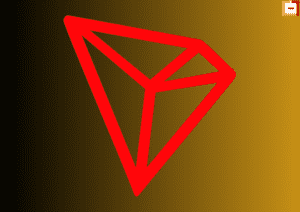
1. Content Creation and Sharing
One of Tron’s main goals is to help creators earn directly from their work. Many platforms take a big cut of creators’ earnings. Tron changes this by using blockchain technology to connect creators and consumers directly.
For example, BitTorrent, a file-sharing platform, uses Tron’s blockchain. Content creators can share music, videos, or other files. Users can pay them directly using cryptocurrencies like TRX (Tron’s native token). This removes middlemen and ensures creators get fair compensation.
2. Gaming
Tron is popular in the gaming industry. Blockchain-based games often require fast and secure transactions. Tron’s network can handle thousands of transactions per second, making it a perfect fit for gaming.
Many dApps on Tron focus on gaming. Players can earn in-game assets or tokens while playing. These assets are stored securely on the blockchain. Unlike traditional games, players own these assets fully. They can trade, sell, or use them in other games. Examples include games like WINk and Blockchain Cuties.
3. Decentralized Finance (DeFi)
DeFi is a fast-growing use case for blockchain. It allows people to access financial services without relying on banks or traditional institutions. Tron is a popular choice for DeFi projects due to its speed and low transaction costs.
With Tron, users can lend, borrow, or trade cryptocurrencies. For example, platforms like JustLend let users earn interest on their crypto or take out loans. Sun.io is another DeFi platform on Tron, where users can trade tokens or earn rewards by providing liquidity.
4. Social Media and Communication
Social media platforms often use user data for profit. Tron provides an alternative. It enables decentralized social media platforms where users control their data.
One example is Steemit, a blockchain-based social media platform. Users earn rewards for creating or curating content. Tron’s blockchain makes these transactions fast and transparent.
5. Supply Chain Management
Supply chains can be complicated. Companies need to track products from production to delivery. Tron’s blockchain can store this information securely and transparently.
With Tron, businesses can record every step of the supply chain. This ensures authenticity and helps prevent fraud. Consumers can also verify the origins of products. For example, a food company can use Tron to show where ingredients come from and how they are processed.
6. Digital Identity
Digital identity is another important use case for Tron. Traditional identity systems are centralized and vulnerable to hacking. Tron’s blockchain provides a secure way to manage digital identities.
Users can store their identity information on the blockchain. They have full control over who can access it. This can be useful for services like online banking, voting, or even healthcare.
7. Cross-Border Payments
Sending money across borders is often slow and expensive. Banks charge high fees, and transactions can take days. Tron solves this problem by enabling fast, low-cost international payments.
With Tron, users can send TRX or other tokens to anyone in the world. Transactions are processed in seconds, and fees are minimal. This makes Tron an attractive option for remittances or global businesses.
8. Non-Fungible Tokens (NFTs)
NFTs are unique digital assets that represent ownership of items like art, music, or virtual real estate. Tron has become a hub for NFTs due to its fast transactions and low fees.
Artists and creators can mint their NFTs on Tron’s blockchain. Platforms like APENFT make it easy to buy, sell, or trade NFTs. This opens new opportunities for creators to monetize their work.
9. Charity and Crowdfunding
Charities often face issues with transparency. Donors want to know how their money is being used. Tron’s blockchain can provide a solution.
With Tron, donations can be tracked on the blockchain. This ensures transparency and builds trust. Platforms can also use Tron for crowdfunding campaigns. Creators can raise funds directly from supporters without needing intermediaries.
Also Read: What is Tron? How does it work?
10. Entertainment
Tron is also used in the entertainment industry. Platforms like TRON TV allow users to watch content and earn rewards. These rewards can be used to pay for other services or traded for cryptocurrencies. This creates a win-win for both creators and viewers.
Conclusion
Tron’s real-world use cases show how blockchain technology is transforming industries. From content creation to gaming, DeFi, and beyond, Tron offers fast and affordable solutions. Its ecosystem continues to grow, attracting developers and users worldwide.
Disclaimer: The content provided here is for educational purposes only and is intended to raise awareness about cryptocurrency and blockchain technology. It should not be considered as financial or investment advice. Before investing in any cryptocurrency or token, we strongly encourage you to conduct thorough research, understand the associated risks, and make informed decisions (DYOR – Do Your Own Research). For detailed guidance, consult a qualified financial advisor.
